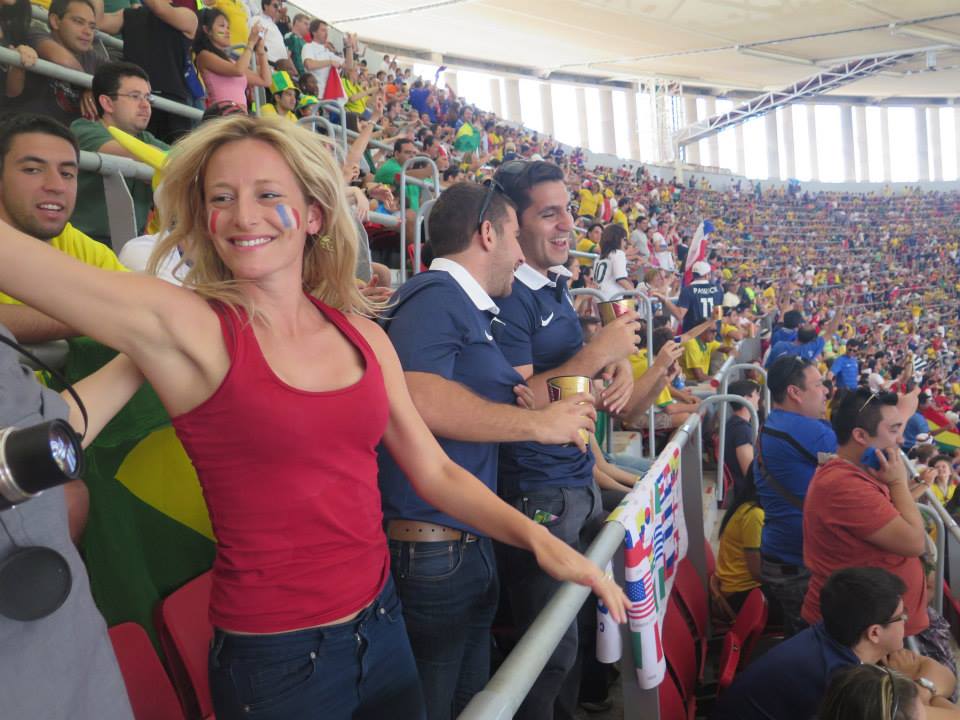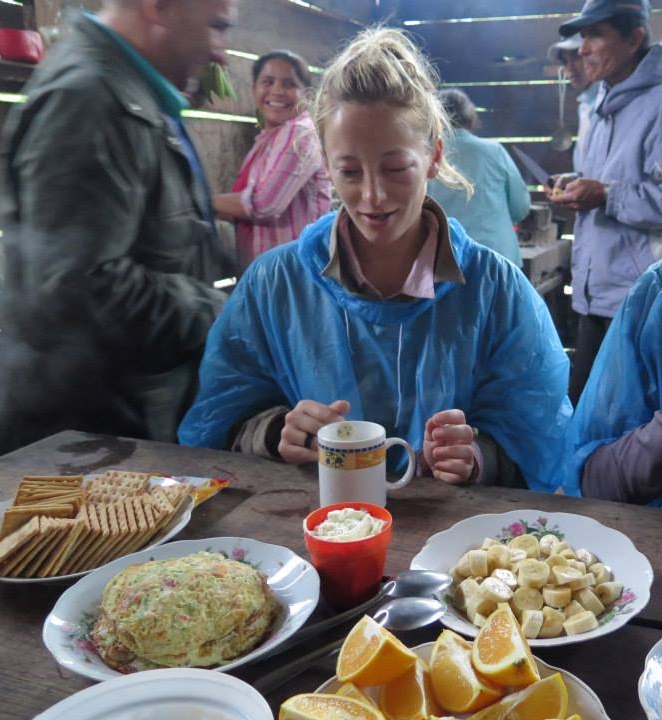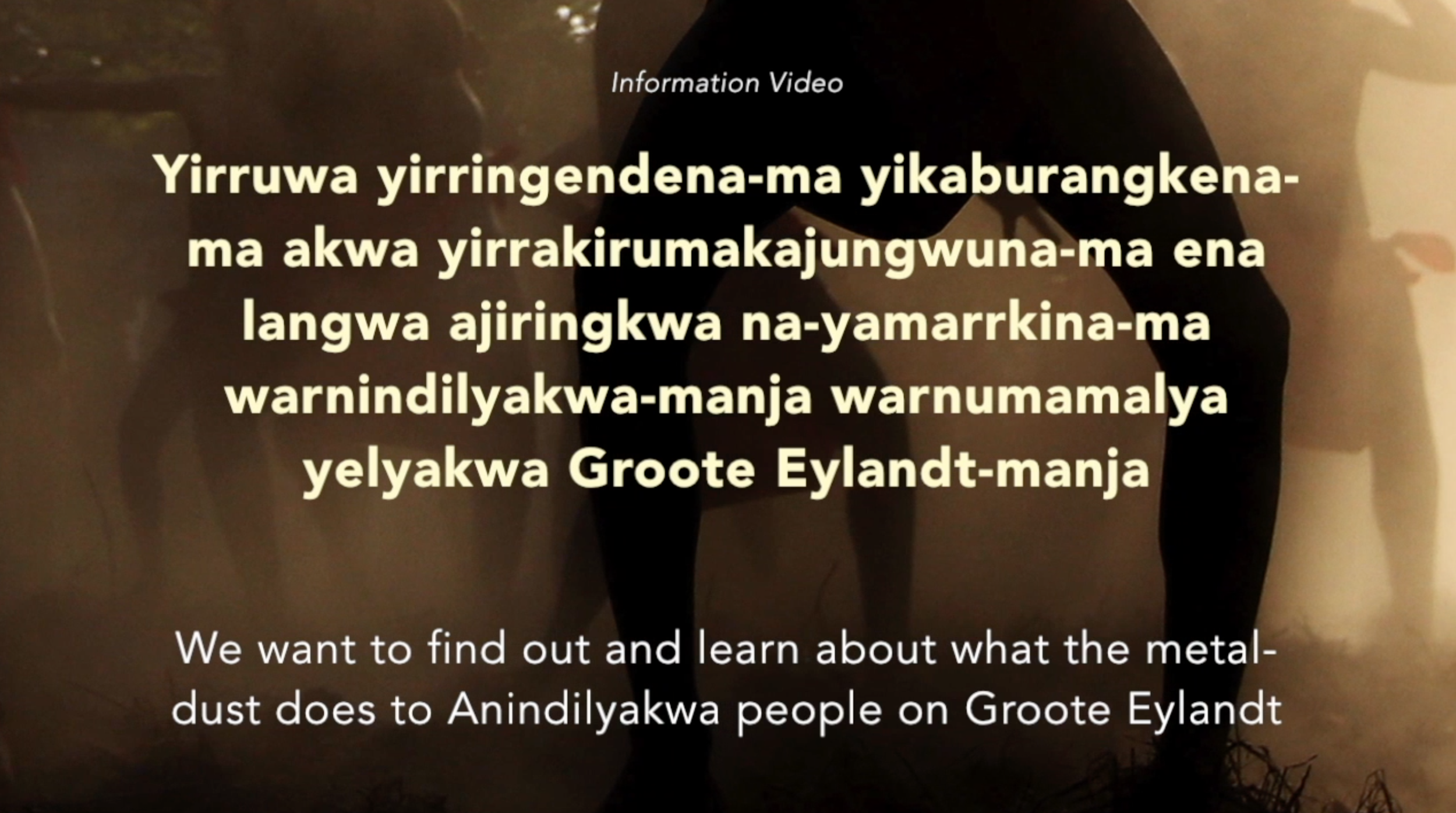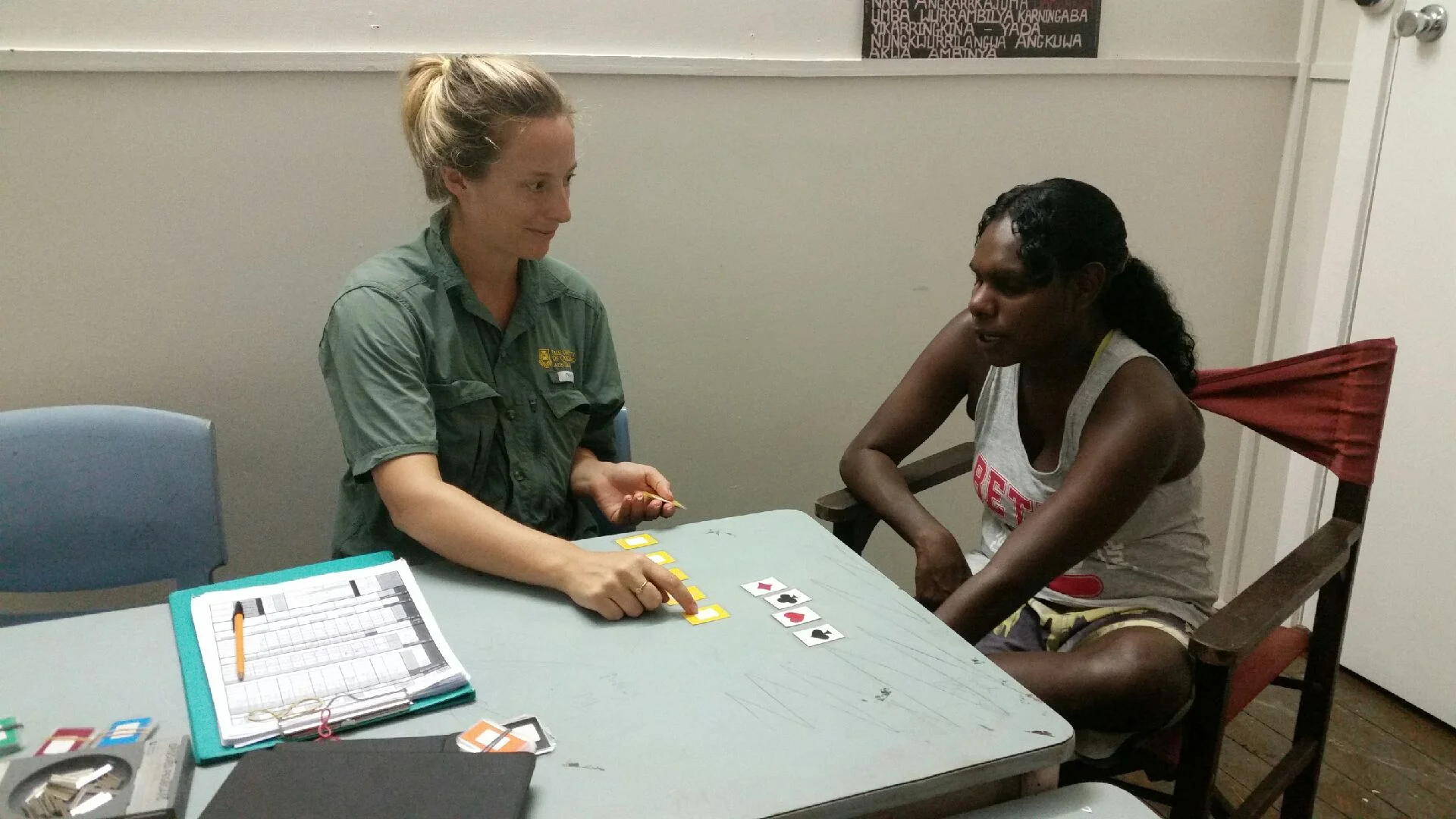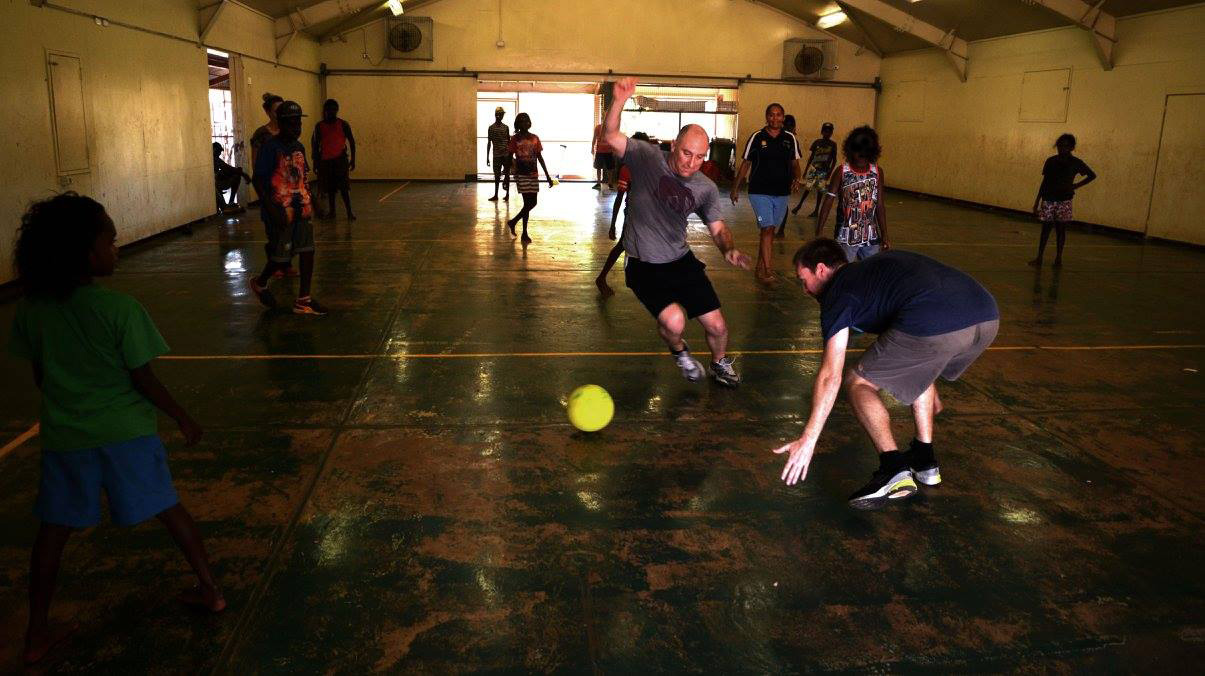g.david@uq.edu.au
Researchgate
ORCID
BSc majors Zoology & Genetics (2004-2006), Uni of QLD
BSc with Honours Ecological Genetics (2007), Uni of QLD
PhD Human Evolutionary Ecology (2009-2013), Uni of QLD
Postdoctoral researcher (2016-current ), Uni of QLD
Research History
Growing up, I had love for big cats, adventures and soccer. These three passions have lead me gallivanting in a number of directions - walking pumas in the Bolivian jungle, floating into the depths of the Amazon (with a few run-ins with foot-parasites & wasps), watching a smorgasbord of African wildlife, and bathing in the pure exhilaration of the Brazilian World Cup. Somewhere along the way I finished a PhD under the supervision of Robbie Wilson at the University of Queensland – testing how evolutionary theories of cooperation & deception play-out in the present-day context of professional soccer.
Post-PhD shenanigans, the allure of chasing quolls brought me to tropical Groote Eylandt in Northern Australia, but it was the intriguing people and Anindilyakwa culture that have held me close over the past five years. Through Robbie I was fortunate to study the health benefits of going on-country for Anindilyakwa women, then met a number of awesome people during a stint in Groote Eylandt Linguistics helping create bilingual media for educational purposes.
After Robbie secured funding for the study “Understanding the role of dust pollution in the health of people on Groote Eylandt”, I began working as a postdoctoral fellow at the end of 2015 making this research happen on the ground. This project involves my colleagues and I spending a bunch of time in the Groote Eylandt Archipelago with the local Anindilyakwa mob that live near & far from mining operations - carrying out motor skill & cognitive testing as well as collecting hair samples. Other cool aspects of this study are creating bilingual media for communication & utilising cutting-edge technology for hair analysis – tools that have enabled successful collection of data in a remote Indigenous Australian population. This project is ongoing in 2018, with data collection continuing into its 3rd year.
Research Interests
Whilst this current research carries important outcomes for the wellbeing of the Anindilyakwa people & lingering tangents from my PhD days still keep my mind buzzing tendrils of wonder - I find myself stepping in a facing a more creative direction. Working within the Indigenous-Western cultural interface, my research interests has led me down a fascinating path - where a seed has been planted. I now find my most enjoyable, all-engrossing parts of the research journey is the time I spend beautifying scientific information & results.
Publications
Wilson RS, David GK, Murphy SC, Angilletta MJ, Jr, Niehaus AC, Hunter AH and Smith MD (2017) Skill not athleticism predicts individual variation in match performance of soccer players. Proceedings of the Royal Society B, 284 DOI: 10.1098/rspb.2017.0953
Ellis WA, FitzGibbon SI, Barth B, Niehaus AC, David GK, Taylor BD, Matsushige H, Melzer A, Bercovitch F, Carrick F, Jones DN, Dexter C, Gillett A, Predavec M, Lunney D, and Wilson RS. (2016). Daylight savings time can decrease the frequency of wildlife-vehicle collisions. Biology Letters, DOI: 10.1098/rsbl.2016.0632
Wilson RS, James SS, David GK, Hermann E, Morgan OJ, Niehaus AC, Hunter A, Thake D and Smith MD (2016) Multivariate analyses of individual variation in soccer skill as a tool for talent identification and development: utilising evolutionary theory in sports science. Journal of Sports Science, DOI: 10.1080/02640414.2016.1151544.
David GK and Wilson RS (2015) Cooperation improves success during intergroup competition: an analysis using data from professional soccer tournaments. PLoS ONE, 10: e0136503
Wilson RS, Niehaus AC, David GK, Hunter A and Smith M (2013) Does individual quality mask the detection of performance trade-offs? A test using analyses of human physical performance. Journal of Experimental Biology, 271: 545-551.
David GK, Condon CH, Bywater CL, Ortiz-Barrientos D and Wilson RS (2011) Receivers limit the prevalence of deception in humans: evidence from diving behavior in soccer players. PLoS ONE, 6: e26017
Wilson RS, Condon CH, David GK, FitzGibbon SI, Niehaus AC and Pratt K (2010) Females prefer athletes, males fear the disadvantaged: different signals used in female choice and male competition have varied consequences. Proceedings of the Royal Society of London Series B, 277: 1923-1928
David GK, Marshall DJ and Riginos C (2010) Latitudinal variability in spatial genetic structure in the invasive ascidian, Styela plicata. Marine Biology, 157: 1955-1965





